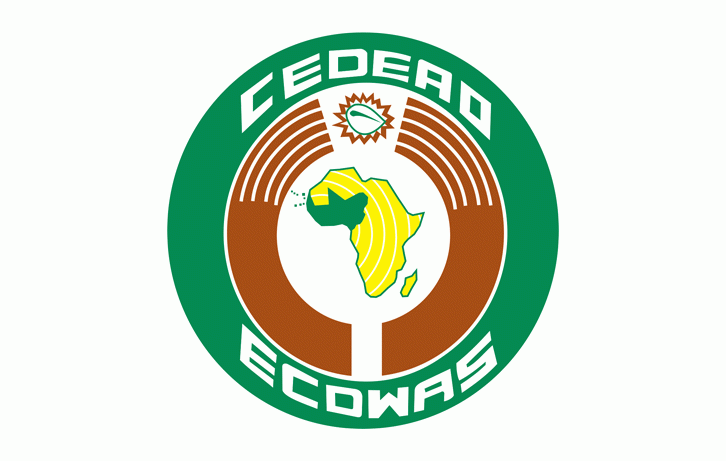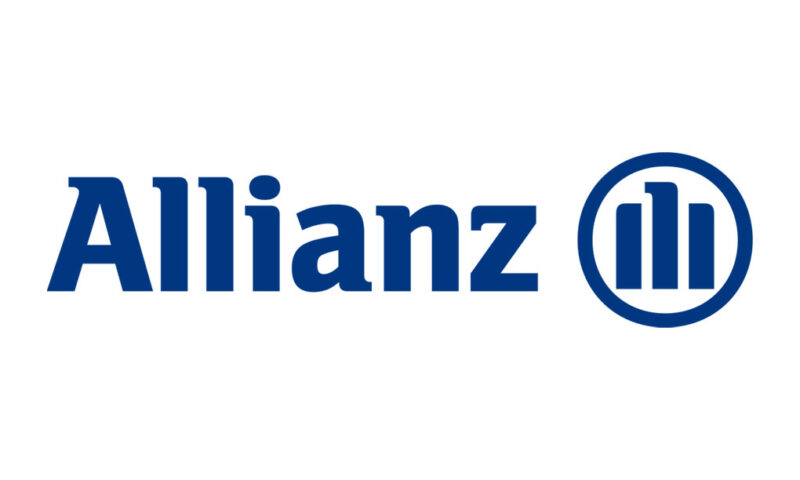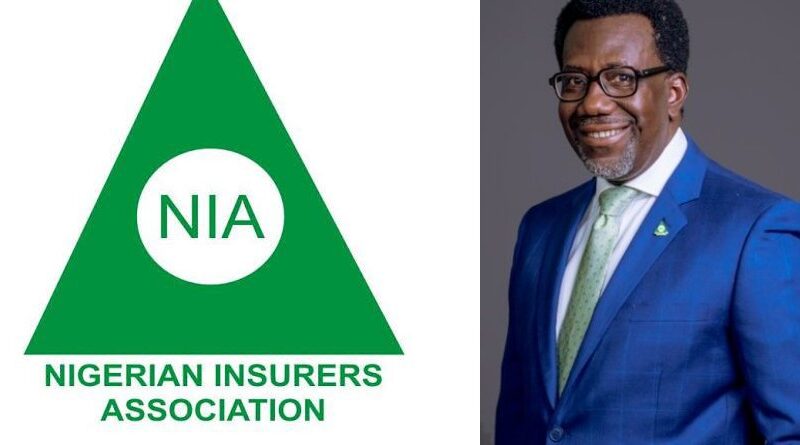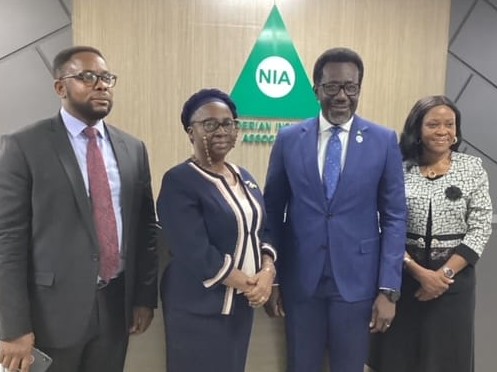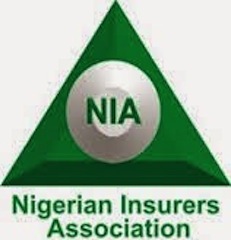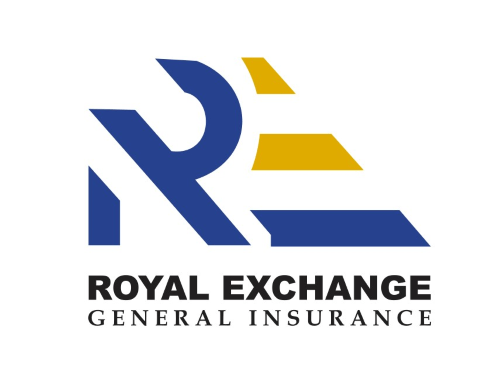All Posts in "Insurance"
Africa Re, ATIDI, AFC, others found AAMFI
Insurfeel Initiative protects young folks with school fees insurance plan
Allianz announces operating profit of €14.7bn in 2023
By Favour Nnabugwu
Insurance giant, Allianz has reported a record operating profit of €14.7 billion for the full year 2023, an increase of 6.7% from €13.8 billion in the previous year.
Insurance giant Allianz has reported a record operating profit of €14.7 billion for the full year 2023, an increase of 6.7% from €13.8 billion in the previous year, driven primarily by the Life/Health (L&H) business segment.
Total business volume grew 5.5% to €161.7 billion in 2023, which Allianz attributes to its Property and Casualty (P&C) business segment on the back of positive price and volume effects, supported by the performance of its L&H segment driven by growth in the US.
Core net income grew from €7 billion in 2022 to €9.1 billion in 2023, driven by an improved operating profit in the current period, as net income increased 33% year-on-year to €8.5 billion.
By segment, P&C delivered total business volume growth of 8.4% to €76.5 billion, as operating profit rose 1.2% to €6.9 billion for FY23, driven by a higher operating investment result, partly offset by lower other operating and insurance service results.
The P&C combined ratio increased by 0.6 percentage points to 93.8% for full year 2023. The loss ratio jumped 0.9 percentage points to 69.3% mainly due to higher claims from natural catastrophes and less run-off. Allianz notes that this was partially offset by a favourable impact from discounting and an improvement in the expense ratio by 0.3 percentage points to 24.6% driven by the acquisition cost ratio.
In its L&H business, Allianz has reported that the present value of new business premiums grew to €67.3 billion from €66.2 billion in 2022, driven by higher volume in the US and Allianz Re, the firm’s reinsurance arm. L&H operating profit increased by €1 billion year-on-year to €5.2 billion, while the contractual service margin increased from €52.2 billion to €52.6 billion.
The new business margin remained stable at 5.9%, while the value of new business jumped to €4 billion in 2023 from €3.9 billion in 2022.
In its asset management business, Allianz has reported operating revenues softened 1.8% to €8.1 billion in 2023, with higher performance fees offset by lower AuM-driven revenues. Operating profit in the business totalled €3.1 billion in 2023, down €100 million year-on-year.
Third-party assets under management were €1.712 trillion for 2023, up €77 billion year-on-year, as total assets under management were €2.224 trillion, up €82 billion on 2022.
For 2024, the re/insurer has targeted an operating profit of €14.8 billion, plus or minus €1 billion.
Oliver Bäte, Chief Executive Officer, Allianz, commented, “Allianz extended our track record of delivering a record operating profit and core net income, consolidating our leading position as one of the world’s most resilient global insurers and active asset managers.
“Our results demonstrate the trust that our customers place in Allianz, and in the resilience and potential of our business model and our people. Our Property-Casualty business saw strong growth while we supported our customers affected by elevated levels of natural catastrophes. Our Life/Health segment delivered profitable growth as we developed attractive solutions to protect our customers from the effects of inflation on their savings, and in our Asset Management business, we achieved robust net inflows in a volatile capital market environment.
“The discipline of our strategy, execution, and capital management bolsters our operating profit outlook for 2024, our new dividend policy, and our renewed share buy-back program. In the coming year, we will continue to focus on unlocking the benefits of our scale to further increase our productivity, and on converting our excellent customer experience into profitable customer growth.”
Claire-Marie Coste-Lepoutre, Chief Financial Officer, Allianz, said: “We’ve achieved another year of record results and all operating segments finished the year above or close to their operating profit target mid-points.
“In our Property-Casualty business we recorded strong revenue growth, driven by healthy pricing and higher volumes. Growth was spread across our entities, reflecting the strength of our diversified global franchise. Our focus on technical excellence helped us to successfully mitigate the impact of inflation on our operating profit, which faced an above-average level of natural catastrophes. Our investment result benefited from higher interest rates.
“The operating profit in our Life/Health segment exceeded our outlook mid-point and was also well above the prior year. Our value creation is supported by a healthy new business margin that we maintained by providing attractive solutions to our clients, allowing us to record a solid new business development.
“In Asset Management, our operating profit was above our outlook mid-point, and we achieved positive net inflows in a volatile market environment. A competitive cost-income ratio and an increase in our third-party assets under management bode well for future profitability.
“We will continue to focus on generating attractive and sustainable returns for all of our stakeholders while not compromising on our resilience. We enter 2024 with confidence and target a full-year operating profit of 14.8 billion euros, plus or minus 1 billion euros.”
NIA working to improve public trust, confidence
NIA Press briefing in Lagos
CAPTION:
L- Mr Lanre Ojuola, Director, Operations Nigerian Insurers Association (NIA); Mrs Yetunde Ilori, Director-General (NIA); Mr. Olusegun Omosehin, Chairman (NIA) and Mrs. Bola Omole, Director, Project (NIA), at the media parley with members of the Nigerian Association of Insurance and Pension Editors (NAIPE), last Tuesday
Naicom, Youth Dev. Ministry to advance youths on career, financial literacy
Wigwe was a voice in the financial sector as NIA mourns him, others
By Favour Nnabugwu
The Nigerian Insurers Association, NIA, has expressed deep concern for the dead of the Group Chief Executive Officer of Access Holdings Plc, Dr. Herbert Wigwe, who died alongside his wife and son, in an helicopter crash in the United States on Friday.
The association extends its deepest condolences to the bereaved families, and the entire Access Holdings Group during this period of grief.
It said this in a statement signed by the Chairman, NIA, Olusegun Omosehin.
The NIA noted that late Wigwe was a successful banker, a great patriot, and an important voice in the financial sector, who made huge contributions to the development of Nigeria’s economy.
It said his passing away is truly a loss to the financial sector, and the country as a whole.
The NIA prayed that Almighty God will grant the entire families enough strength to bear the pain of the untimely deaths
Sovereign Trust wows highway managers with Valentine
CAPTION:
A team of Sovereign Trust Insurance with some highway managers as the company extended the love to them today
By Favour Nnabugwu
Sovereign Trust Insurance Plc, one of Nigeria’s prolific underwriting firms in the country has extended the valentine celebration to workers on the street of Lagos including the Lagos Waste Management Authority, LAWMA, popularly known as Highway Managers.
As part of activities to mark the day, Sovereign Trust Insurance Plc distributed items such as work gloves, water bottles and takeaway packs in celebrating the Day with members of the Lagos Waste Management Authority along the axis of Falomo Bridge, Bourdillon Road, Lekki Phase 1, Eti-Osa, Osborne Road, Ozumba Mbadiwe Road, and Adetokunbo Ademola Street in the metropolis.
According to the Chief Spokesperson of the organization, Segun Bankole, he said the gesture is in recognition of the important role the Highway Managers play in ensuring that the city of Lagos and our highways are kept clean while making it motorable for vehicle owners and other commuters in the State.
He said the underwriting firm appreciates and recognizes the essence of dignity in labour. In his words, “as unsung as they may seem, we are not oblivious of the phenomenal work they are doing in making the city debris-free especially on our highways”.
The Managing Director/CEO of Sovereign Trust Insurance Plc, Olaotan Soyinka also lend his voice to the gesture undertaken by the company. In his words, “this initiative is not just about gifts, it is about recognizing the essential role these men and women play in our community.
They are often unsung heroes, working long hours in challenging conditions to ensure a clean and healthy environment for all of us. By showing our appreciation, we hope to not only brighten their day but also inspire others to acknowledge their valuable contributions.”
He further stated that the Highway Managers risk their lives and brave the elements, ensuring the cleanliness and hygiene in the city of Lagos. He said the token gifts from the company is simply to acknowledge their hard work and commitment to keeping the city of Lagos clean despite the challenges they confront in the discharge of their duties.
We encourage other businesses and individuals to join us in celebrating and supporting these men and women from time to time. Together, we can make a difference in the lives of these remarkable individuals who do so much for our city and society and at large.
REGIC appoints four executives
By Favour Nnabugwu
Royal Exchange General Insurance Company (REGIC), one of Nigeria’s leading insurance companies announced the appointments of four executives to drive the company’s commitment to excellence and innovation in the industry.
The newly appointed executives bring a wealth of experience and expertise to their respective roles
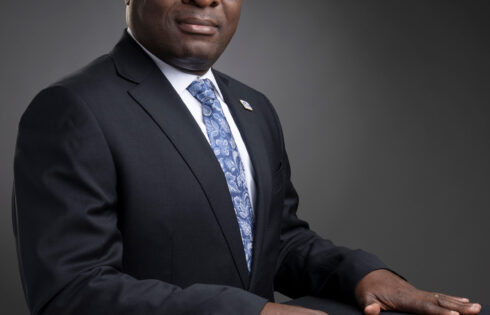 Sunny Uwagboi
Sunny Uwagboi
The firm appointed Sunny Uwagboi as Executive Director . With a proven track record of leadership and strategic vision, Uwagboi joins REGIC as the Executive Director
Sunny has over 25 years cognate experience in the insurance industry, growing through various business developments roles from entry level to Executive Director.
Sunny holds an MBA in Marketing from Lagos State University, an alumnus of the prestigious Lagos Business School, and an Associate Member of the Chartered Insurance Institute of Nigeria.
 Udoks Eze-Marins
Udoks Eze-Marins
Udoka Eze Martins – Regional Director, Abuja and Northern Nigeria: As the newly appointed Regional Director for Abuja and Northern Nigeria, Udoka Eze Martins brings a deep understanding of the regional market dynamics.
Udoka joined the Insurance industry 22 years ago as a Marketing and Relationship management officer. Prior to joining REGIC, she was the vice president/ Head of northern region for Heirs General insurance company
 Joyce Odiachi
Joyce Odiachi
Dr. Joyce Odiachi – Head, Technical Services: Dr. Joyce Odiachi assumes the role of Head, Technical Services, leveraging her expertise to enhance the technical capabilities of REGIC.
She is a seasoned insurance practitioner with over two decades’ experience and proven expertise in ethical corporate governance, risk management, strategic business start-up, and relationship management
She started her career as an insurance broker and has since worked with a few top-rated insurance firms where she was fully involved in driving the technical operations, ensuring highest standard of service excellence, system turnaround including development of a claims reserve policy for improved bottom-line.
A graduate of Insurance, she also holds a Doctor of Philosophy (Management) from the University of Lagos, Akoka, Yaba. She is a Fellow of the Chartered Insurance Institute of Nigeria (FIIN) and the Risk Managers Society of Nigeria (FRMN).
 Adeseye Ajibulu
Adeseye Ajibulu
Adeseye Ajibulu – Head of Claims and Technical Risk Management: Adeseye Ajibulu has been appointed as the Head of Claims and Technical Risk Management. With a focus on ensuring seamless claims processing and effective risk management, Ajibulu will play a crucial role in maintaining the high standards of service for which REGIC is known.
He started his career in Year 2003 and rose to become Head of the Technical Risk Management Team by February 2014. Seye joined Tangerine General Insurance Limited in 2021 as Head of Underwriting and helped to revamp the Underwriting, the Pre and Post-Loss Survey Departments until he left to join REGIC.
He holds a Master’s Degree in Business Administration (MBA) from Obafemi Awolowo University, Ile-Ife 2009, a Bachelor of Technology in Estate Management from the Federal University of Technology, Akure (FUTA), 2001, and a member of the Chartered Insurance Institute of Nigeria 2018. He completed stage 1 of the Allianz Global P&C Underwriting Exams in 2020. He has attended several local and international trainings.
These appointments underscore Royal Exchange’s commitment to building a dynamic and skilled leadership team capable of navigating the evolving landscape of the insurance and financial services industry
“We are delighted to welcome these accomplished professionals to the REGIC family. Their collective expertise will undoubtedly contribute to the continued success and growth of our organization,” said Ebelechukwu Nwachukwu, Managing Director/CEO at Royal Exchange General Insurance Company.

